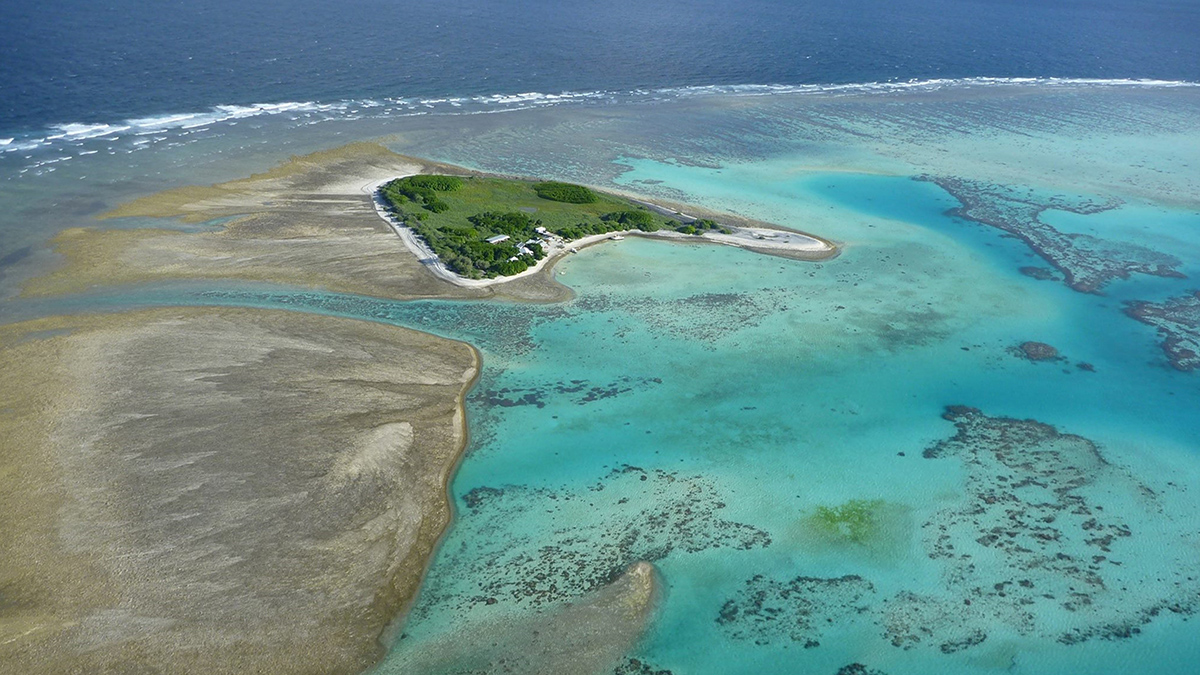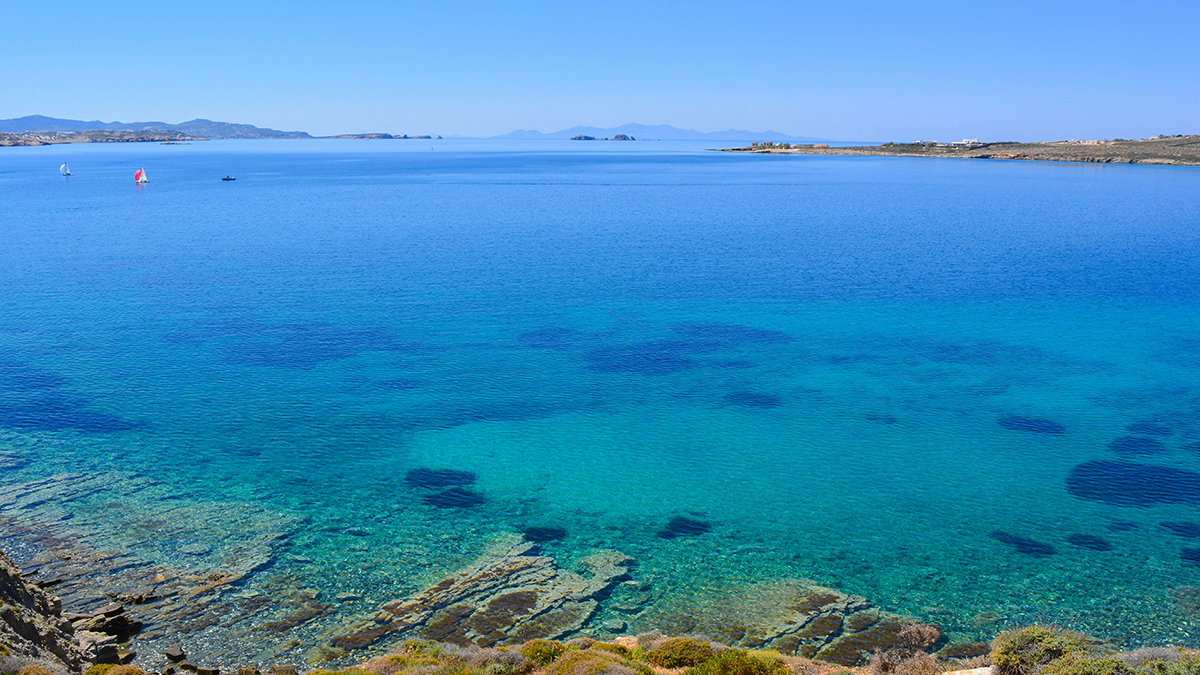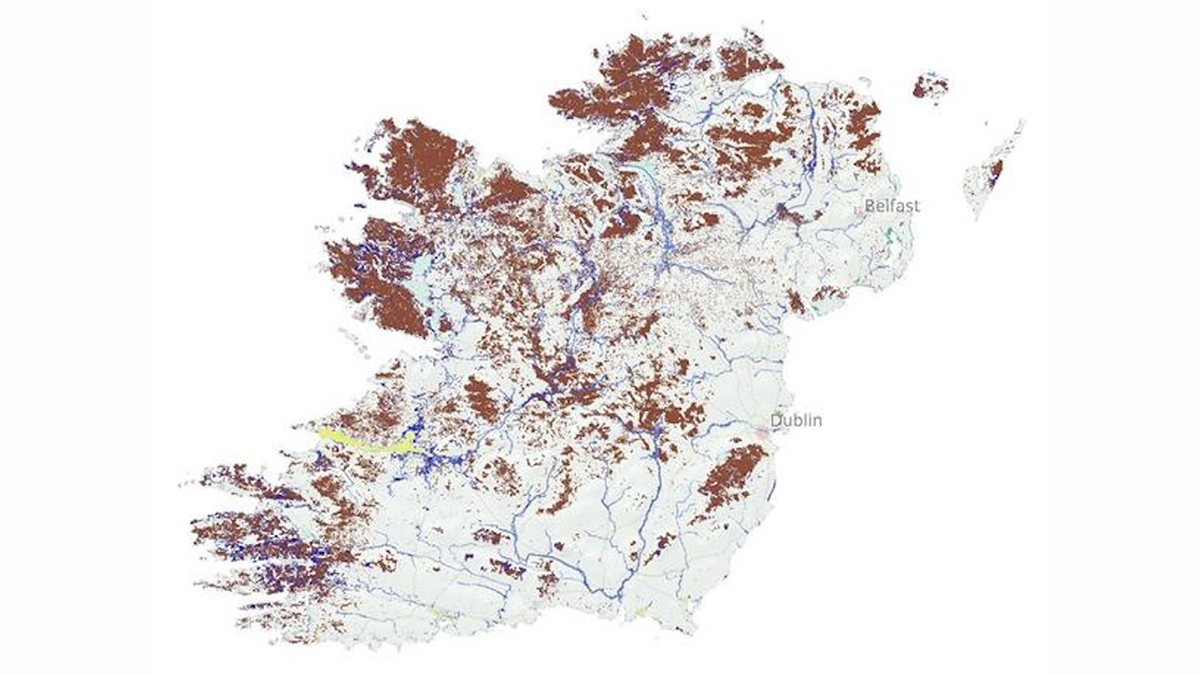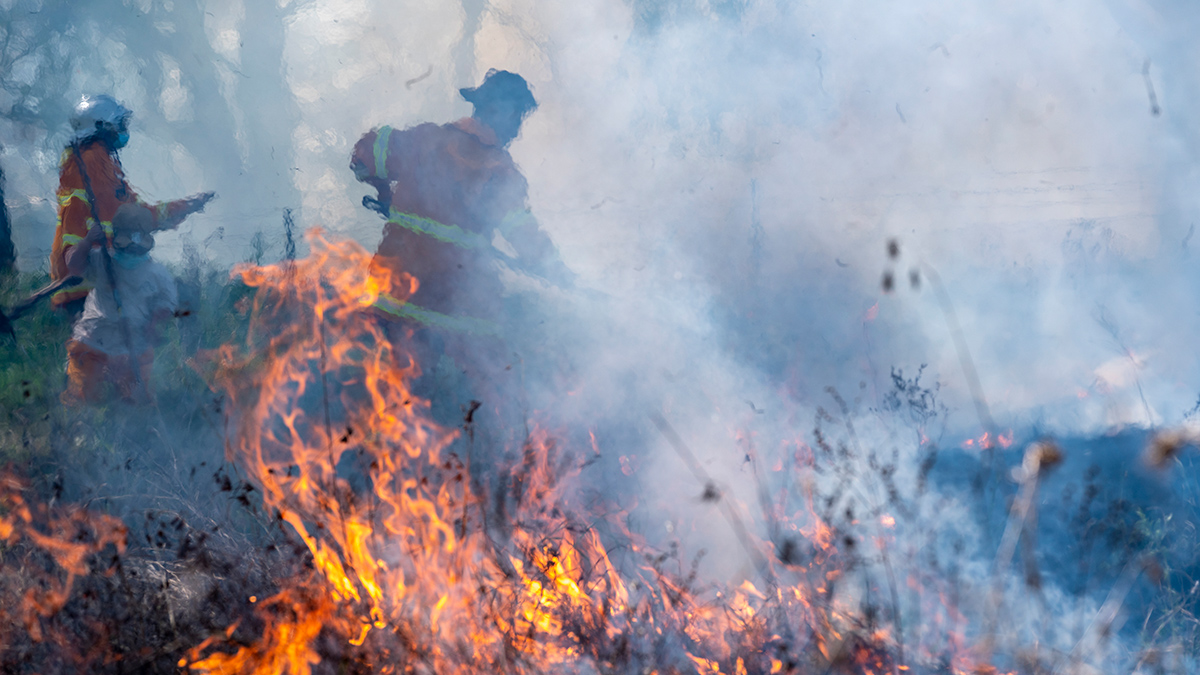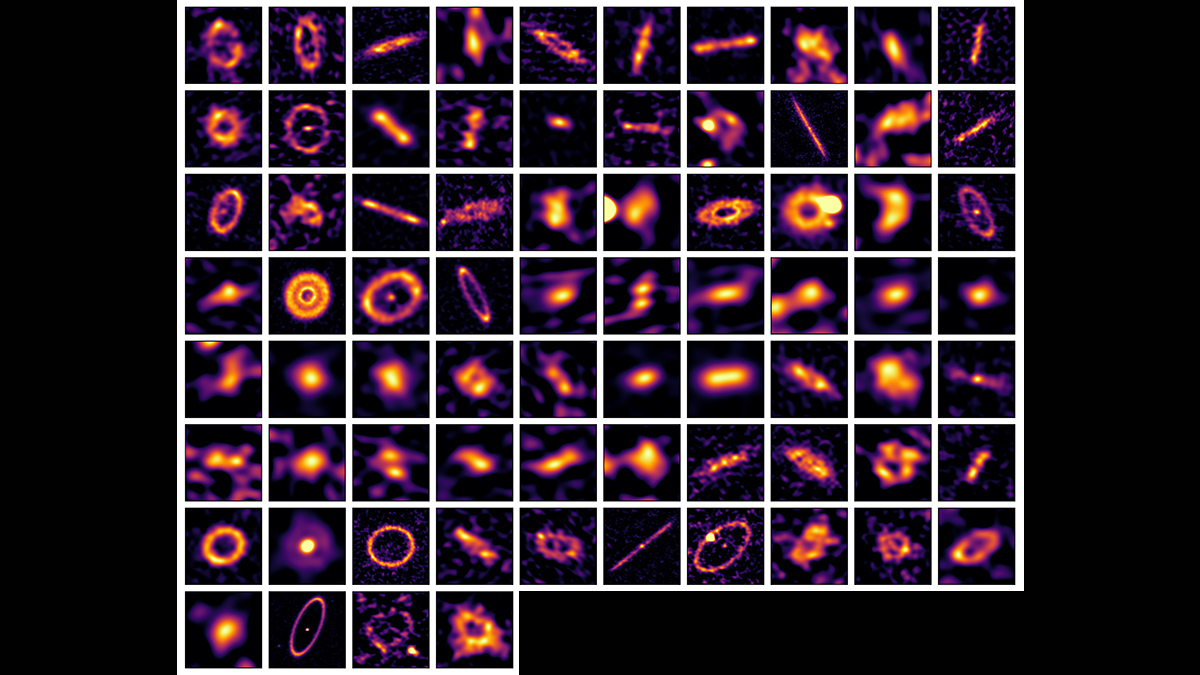Extreme heat pushed even resilient corals in the Great Barrier Reef to the brink, limiting recovery.
News
Ancient Greeks and Romans Laced the Aegean with Lead
Lead pollution in and around the Aegean Sea dates back to the Bronze Age and shows a strong spike associated with Roman expansion.
Extreme Heat and Rain Turned These Arctic Lakes Brown
Scientists are stunned by the changes in multiple Arctic lakes, all transforming in the same way.
Where the Wetlands Are
Researchers have crafted the most comprehensive map yet of Europe’s wetlands.
Europe Faces Increased Heat Mortality in Coming Decades
Extreme temperature caused by unchecked climate change could claim 2.3 million lives in Europe by 2100, a new study warns.
U.S. Power Grids are Vulnerable to Extreme Weather
Different kinds of severe weather, including multiple kinds at once, have different impacts on the grid in different places.
Cave Deposit Links Greenland’s and Europe’s Climate Records with a German Volcano
Dating a late Pleistocene eruption has big implications for understanding the Younger Dryas—and current climate change.
Soccer Players Risk Heat Stress in World Cup Stadiums
Rapidly traveling between climate zones, all with different average temperatures, humidities, and oxygen levels, will place additional stress on players, staff, and spectators.
¿Seis mil años de quema controlada arruinados?
Al alterar prácticas milenarias de gestión del fuego, la colonización creó una situación mortal en los bosques australianos, pero aún no se sabe hasta qué punto se extendió la “quema cultural”.
Dusty Belts Provide Clearer Insights into Exoplanet Formation
Millimeter-wavelength observations of dust and pebbles in 74 star systems hint that planetary migrations might be more common than we realized.

